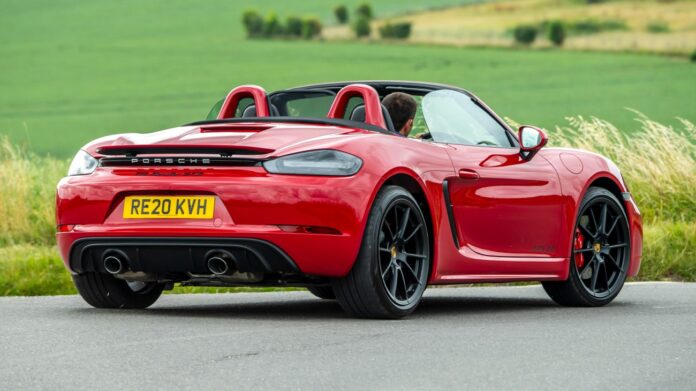
Porsche, the luxury carmaker, reported nine-month results consistent with its annual forecast but sounded a note of caution, emphasizing that the luxury sector is facing challenges similar to other industries. Rising costs and a drop in consumer confidence, attributed to increasing interest rates, are casting shadows on the segment.
The company’s supply chain has shown improvement with reduced inventories. However, persistently high inflation, coupled with substantial investments in new product lines set for launch in 2024, have kept costs elevated. Porsche’s Chief Financial Officer, Lutz Meschke, noted, “Governments increased interest rates heavily… that creates a situation where customers are quite reluctant (to invest in) a new product.”
This caution echoes concerns expressed by Tesla CEO Elon Musk, who recently expressed worry that higher borrowing costs might deter potential customers from affording electric vehicles, even with significant price reductions. Other major carmakers have also adopted a more cautious approach in the current economic climate.
The impact of rising inflation and economic uncertainty has dulled the appetite for luxury goods, affecting the quarterly sales of renowned brands like LVMH and Gucci-owner Kering. “We are suffering in the entire economy,” acknowledged Meschke, adding, “It is also hitting the luxury industry.”
Despite the challenges, Porsche’s share price remained stable at 86.9 euros after the results were announced. While the company exhibited confidence following its public listing last September, it has adopted a more measured tone in recent quarterly communications, leading to a decline in its share price from a peak of 120.3 euros in May.
It’s worth noting that the third quarter is typically slightly weaker for German carmakers due to the extended summer break.
Porsche remains committed to its future plans, including the launch of new models like the Panamera, Taycan, e-Macan, and a new sports car generation in the upcoming year. The company has already invested 2 billion euros (USD 2.12 billion) in research and development in 2023, the highest expenditure for a nine-month period in the company’s history.
Like many other car manufacturers, Porsche faces a challenging market in China, with deliveries down by 12% so far this year. To address this, executives engaged with Chinese dealers last week to discuss strategies, including the establishment of new community centers for customers, with a focus on strengthening the brand’s presence in the electric car segment.
Despite the hurdles, Porsche reported an 18.3% return on sales, with operating profit up by 9% to 5.5 billion euros in the first nine months of the year. This was achieved while preparing for the launch of four new products in the coming year. The company’s 2023 forecast anticipates a 17-19% return on sales within a range of 40 billion to 42 billion euros, with a bet on the resilience of luxury demand, even in the face of high inflation and an uncertain global economy. Deliveries of the all-electric Taycan sports car grew by 11% to 27,885 units, indicating a recovery from supply chain challenges faced in the first half.









